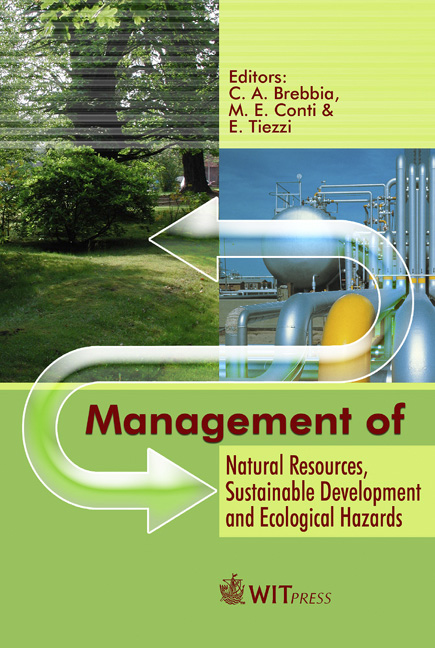Laboratories Of Democracy: The Collision Of Federal And Local Global Warming Policy In The United States
Price
Free (open access)
Transaction
Volume
99
Pages
10
Published
2006
Size
568 kb
Paper DOI
10.2495/RAV060061
Copyright
WIT Press
Author(s)
J. Manko
Abstract
Scientists have reached a consensus that global warming is a reality and human emissions of greenhouse gases are affecting the climate. As the negative effects of global warming become more certain and more pervasive, the federal government of the United States has, to date, largely refused to take action. Hurricane Katrina (2005) and its aftermath not only provide a case study of the federal government’s failure to take positive steps, but also its tendency to make regressive policy decisions on global warming. At the state, local and individual level, however, the problem of greenhouse gas emissions is beginning to receive the attention it deserves. As pressure for action mounts, the conflicting federal and local views have now reached the courts. The U.S. Supreme Court has decided to hear a case, brought by petitioning states, cities and public interest groups, demanding that the federal government regulate greenhouse gas emissions. Although this will be an important case, it is unlikely that the local interests will prevail and even a victory for the petitioners would have only a limited effect. The more important meaning of the case is an acknowledgement by at least one branch of the federal government that state and local pressures to take action to limit greenhouse gas emissions can no longer be ignored. Comprehensive action on greenhouse gas emissions in the U.S. must come from the executive and legislative branches. Keywords: law, global warming, greenhouse gas emissions, United States environmental policy.
Keywords
law, global warming, greenhouse gas emissions, United States environmental policy.





